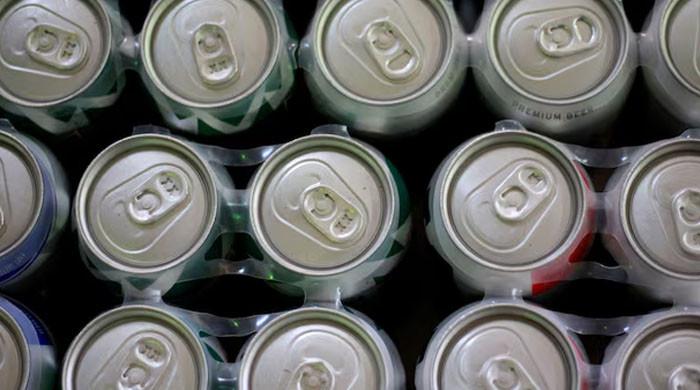The World Health Organization is pushing countries to raise the prices of sugary drinks, alcohol and tobacco in 50% in the next 10 years through taxes, their strongest support so far for taxes to help address chronic public health problems.
The United Nations Health Agency said the measure would help reduce the consumption of products, which contribute to diseases such as diabetes and some types of cancer, as well as to raise money at a time when development aid is being reduced and the increase in public debt.
“Health taxes are one of the most efficient tools we have,” said Jeremy Farrar, assistant general director of promotion and control of diseases. “It’s time to act.”
WHO launched the Push, which is called “3 by 35” at the UN Conference for the UN Development in Seville.
Who said his fiscal initiative could raise $ 1 billion by 2035 based on the evidence of health taxes in countries such as Colombia and South Africa.
WHO has supported taxes and tobacco prices for decades, and has requested taxes on alcohol and sugary drinks in recent years, but this is the first time it suggests an increase in the target price for the three products.
WHO general director, Dr. Tedros Adhanom Ghebreyesus, told the conference that taxes could help governments “adapt to the new reality” and strengthen their own health systems with the money collected.
Many low and medium -sized countries are dealing with cuts to help spending led by the United States, which do not attend the Seville Conference. The United States is also in the process of retiring from WHO.
From $ 4 to $ 10
As an example, the initiative would mean a government in a middle income country that increases taxes on the product to raise the price of $ 4 today to $ 10 by 2035, taking into account inflation, health economist Guillermo Sandoval said.
Almost 140 countries had already increased tobacco taxes and, therefore, prices in more than 50% on average between 2012 and 2022, the WHO added.
Sandoval said WHO was also considering broader tax recommendations, even in ultra -prosecuted foods, after the agency ends its definition of such food in the coming months. But he added that the agency awaited a setback from the industries involved.
The initiative is also supported by Bloomberg Philanthropies, the World Bank and the Organization for Economic Cooperation and Development (OECD), and implies support to countries that wish to take measures.




